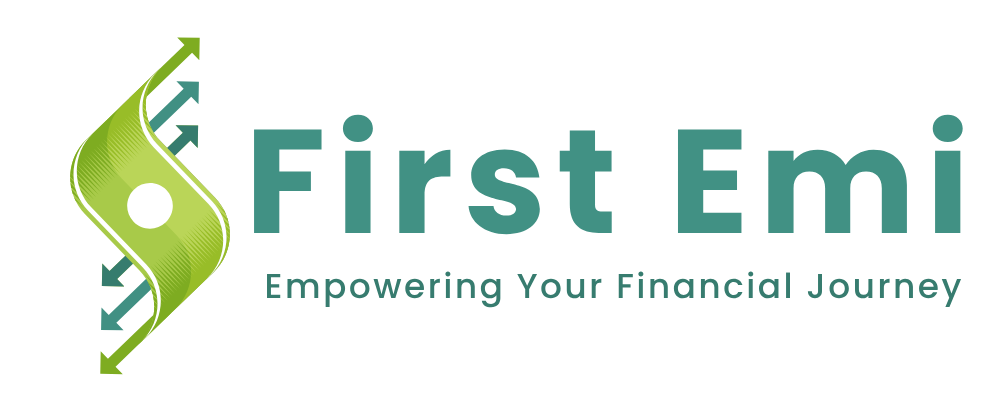Personal finance is not just about managing money; it’s about mastering the art of financial well-being. Whether you’re aiming to build wealth, save for retirement, or simply manage your day-to-day expenses better, a solid understanding of personal finance principles is crucial. In this guide, we’ll explore key aspects of personal finance, from budgeting and saving to investing and planning for the future.
Understanding Personal Finance
At its core, personal finance is about how individuals manage their money and plan for their financial futures. It encompasses various disciplines, including budgeting, saving, investing, and managing debt. The goal is to achieve financial stability, security, and ultimately, financial independence.
Budgeting: The Foundation of Financial Success
Budgeting is the cornerstone of personal finance. It involves tracking income and expenses to ensure that you live within your means and allocate funds wisely. Here are some essential steps to creating and maintaining a budget:
- Calculate Your Income: Start by determining your total monthly income, including salary, freelance earnings, and any other sources of income.
- Track Your Expenses: Record all your expenses, from fixed costs like rent and utilities to variable expenses such as groceries, dining out, and entertainment.
- Differentiate Between Needs and Wants: Prioritize essential expenses (needs) over discretionary spending (wants) to align your budget with your financial goals.
- Set Financial Goals: Define short-term and long-term financial objectives, such as saving for a vacation, paying off debt, or building an emergency fund.
- Review and Adjust Regularly: Monitor your budget regularly to ensure you’re on track with your financial goals. Adjust your budget as needed to accommodate changes in income or expenses.
Saving Strategies: Building a Financial Safety Net
Saving is a fundamental aspect of personal finance that ensures you have funds for emergencies and future financial goals. Here are effective strategies to boost your savings:
- Pay Yourself First: Allocate a portion of your income to savings before paying bills or discretionary spending.
- Automate Savings: Set up automatic transfers from your checking account to a dedicated savings account to build savings consistently.
- Emergency Fund: Aim to save at least 3-6 months’ worth of living expenses in an emergency fund to cover unexpected costs like medical bills or job loss.
- Retirement Savings: Contribute to retirement accounts such as 401(k) or IRA to secure your financial future.
Managing Debt: Strategies for Debt Repayment
Debt can be a significant financial burden if not managed properly. Implement these strategies to manage and reduce debt effectively:
- Prioritize High-Interest Debt: Focus on paying off debts with the highest interest rates first (e.g., credit card debt) while making minimum payments on other debts.
- Debt Snowball Method: Start by paying off the smallest debt first, then roll the amount you were paying on that debt into payments for the next smallest debt.
- Debt Consolidation: Consider consolidating high-interest debts into a lower-interest loan to simplify repayment and potentially reduce interest costs.
Investing for the Future
Investing is essential for growing wealth and achieving long-term financial goals. Here’s a guide to getting started with investing:
- Understand Your Risk Tolerance: Assess your risk tolerance based on factors such as age, financial goals, and investment knowledge.
- Diversification: Spread your investments across different asset classes (e.g., stocks, bonds, real estate) to reduce risk.
- Investment Vehicles: Explore investment options like mutual funds, exchange-traded funds (ETFs), individual stocks, and retirement accounts.
- Long-Term Perspective: Maintain a long-term investment strategy and avoid making impulsive decisions based on short-term market fluctuations.
Planning for Major Life Events
Effective personal finance also involves planning for significant life events that impact your financial situation:
- Buying a Home: Save for a down payment, consider mortgage options, and budget for ongoing homeownership costs.
- Starting a Family: Prepare for expenses related to childcare, education, and healthcare for children.
- Education Funding: Set up a college savings plan like a 529 plan to save for children’s education expenses.
- Estate Planning: Create a will, establish trusts, and designate beneficiaries to manage and distribute assets according to your wishes.
Conclusion
Mastering personal finance is a journey that requires discipline, knowledge, and commitment. By understanding and implementing the principles discussed in this guide—budgeting, saving, managing debt, investing wisely, and planning for the future—you can achieve financial security and build wealth over time. Remember, financial success is not about how much you earn, but how well you manage what you have. Start taking control of your finances today to secure a prosperous tomorrow.


